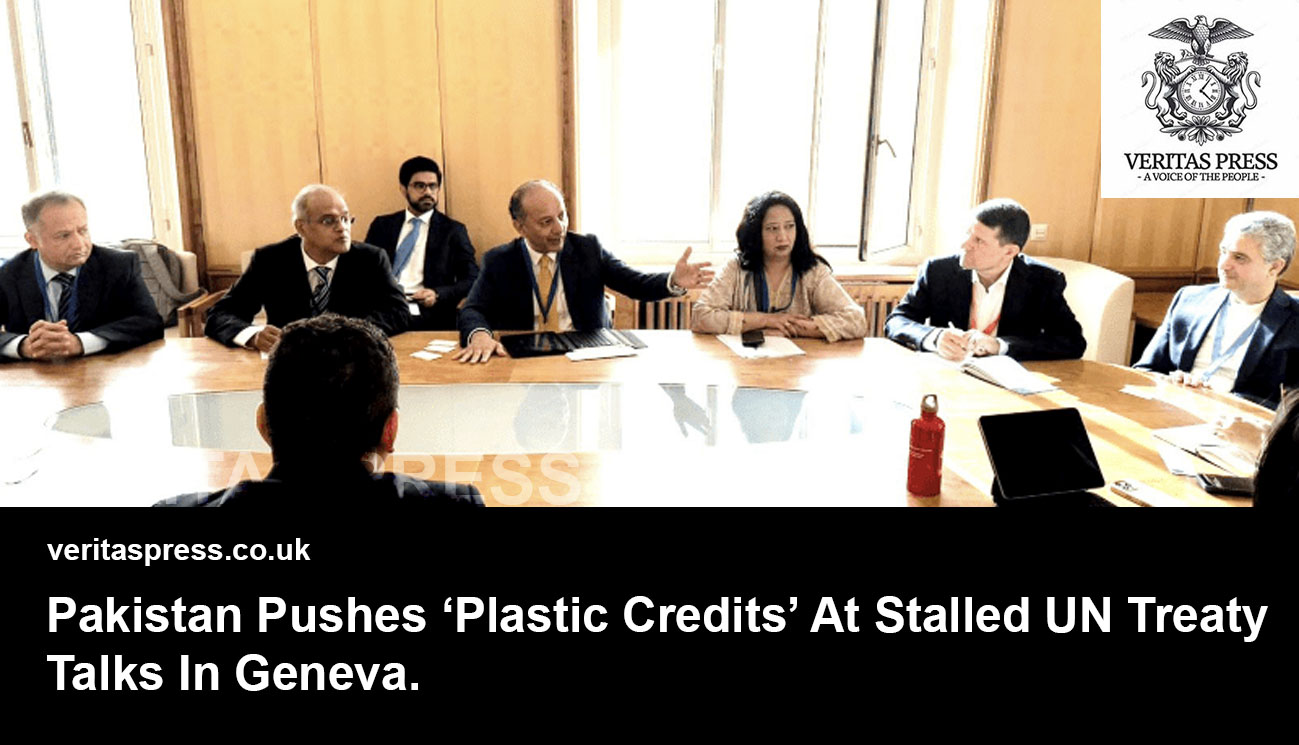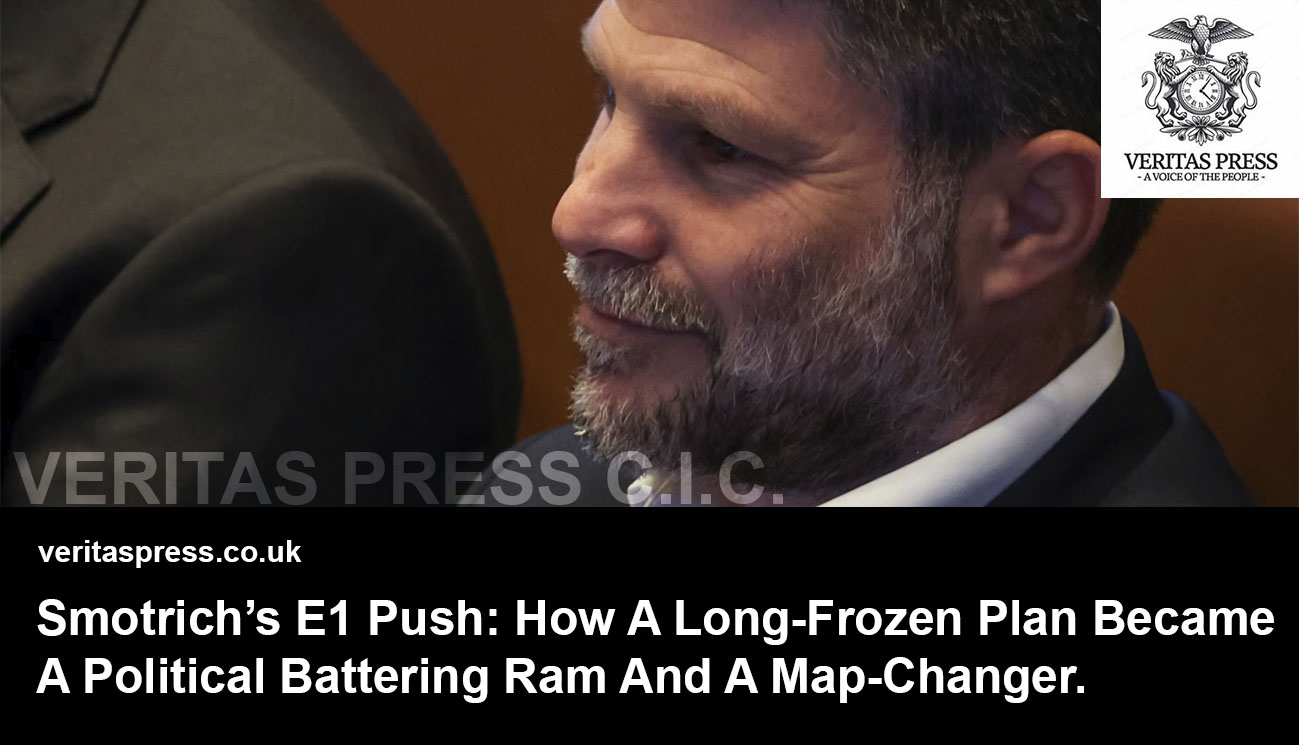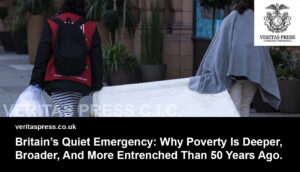Press Release: Veritas Press C.I.C.
Author: Kamran Faqir
Article Date Published: 14 Aug 2025 at 11:37 GMT
Category: South Asia | Pakistan | War On Plastics
Source(s): Veritas Press C.I.C. | Multi News Agencies
GENEVA / KARACHI — Pakistan has proposed the creation of a “global plastic fund” and a marketplace for buying and selling plastic credits, in a bid to make polluters pay countries most affected by plastic waste. The idea, floated by Climate Change Minister Dr Musadik Malik at the fifth session of UN negotiations for a global plastic pollution treaty, has gained interest from several delegates, but comes as talks remain gridlocked.
Call For Polluters To Pay:
Speaking at the 10-day summit in Geneva, Dr Malik criticised the absence of any mechanism in the treaty draft to ensure that countries responsible for the most plastic waste compensate those suffering the worst effects.
“Small island nations generate far less plastic, but their shores are littered with it. Where is the system for polluters to pay the polluted?” he asked.
The minister urged developed nations to stop exporting plastic waste to “countries like Pakistan” and accused richer economies of treating poorer nations as “junkyards.” He also warned against inequities in green financing, noting that “the same countries consuming plastics are the ones getting green financing.”
Frustration At UN Process:
Dr Malik expressed disappointment over the pace of the negotiations, which have been billed as the most important environmental talks since the 2015 Paris climate accord.
“They’re just squabbling over where the semi-colon is going to be placed,” he said, adding that the number of “square brackets in the text” is growing instead of shrinking.
His frustration was echoed by EU environment chief Jessika Roswall, who said there were now “more square brackets in the text than plastic in the sea.”
Talks On The Brink Of Collapse:
With just hours left before the scheduled end, the Geneva talks risk ending without agreement on core issues. Delegates from 184 countries have yet to agree on a definition of “plastic pollution,” let alone binding commitments.
A new draft of the treaty drops proposals to limit plastic production and does not directly address toxic chemicals, prompting sharp criticism from countries including Colombia, Canada and members of the EU.
Oil- and plastic-producing nations such as Saudi Arabia, Russia and the United States are resisting production caps, while many small island states and African countries are demanding tougher measures.
Industry Lobbying And Public Pressure:
Observers say industry influence has been significant. Environmental groups point to the presence of more than 230 industry lobbyists, outnumbering many national delegations, as a factor in the treaty’s slow progress.
Outside the negotiations, activists have staged high-profile demonstrations. Greenpeace campaigners scaled UN buildings, distributed soap shaped like plastic bottles and showcased artist Benjamin Von Wong’s installation “Thinker’s Burden,” aimed at shaming inaction.
Pakistan’s Diplomatic Push:
On the sidelines, Dr Malik met with Gulf and regional counterparts, including ministers from Saudi Arabia, Qatar and the UAE, to build support for his plastic credits proposal and a broader shift toward a circular economy.
The proposed system would allow high-consumption countries to buy credits from those affected by plastic waste, with funds directed toward clean-up efforts and waste-management infrastructure.
What’s At Stake?
Global plastic production has surged over the past two decades, with only nine per cent recycled worldwide. The environmental and health toll is immense, with an estimated $1.5 trillion in annual costs linked to pollution, according to researchers.
As Rachel Radvany of the Centre for International Environmental Law put it: “It’s the countries least responsible for the problem that are fighting the hardest for an ambitious treaty, while producers are in a race to the bottom.”
Whether Pakistan’s plastic credits idea makes it into the treaty text will depend on its ability to secure backing from a critical mass of countries, a challenge made harder by the entrenched positions and geopolitical fault lines on display in Geneva.
In Summary: A Treaty At Risk Of Becoming A Hollow Victory.
The failure to advance the UN plastic treaty in Geneva is not simply the result of procedural nitpicking; it is the product of entrenched economic interests, geopolitical hypocrisy, and a global governance system increasingly unfit to address urgent environmental threats.
While poorer nations choke on the waste of wealthier economies, the same industrialised states, often backed by oil and petrochemical lobbies, continue to expand plastic production, resist binding targets, and secure the lion’s share of green financing. The Geneva talks have revealed an uncomfortable truth: the promise of a “global solution” is being hollowed out by those with the most to lose from real accountability.
The dumping of plastic waste into poorer countries is not merely an act of profit-seeking; it is, by design, a slow weapon. It blights communities with mountains of non-biodegradable waste, poisons air and water through uncontrolled burning and microplastic contamination, undermines public health, and cripples local economies that must divert scarce resources to manage an imported crisis. By driving up pollution levels and destabilising livelihoods, it deepens poverty and accelerates the climate crisis, creating a vicious cycle from which escape becomes harder with every shipment of foreign trash.
Pakistan’s plastic credits proposal, whether it survives the political knife-fight of treaty drafting or not, shines a light on the gaping absence of equity in the current text. It exposes how a supposedly universal agreement has failed to enshrine a polluter-pays mechanism, leaving nations on the frontlines of plastic pollution to foot the bill for a disaster they did not create.
If negotiators cannot bridge this justice gap, the final treaty, no matter how elegantly worded, risks becoming another paper commitment: celebrated in press releases, cited in political speeches, and quietly ignored in practice. For millions living in countries that are the dumping grounds of the world’s plastic economy, such an outcome would not only be a betrayal; it would be proof that the UN system, once again, is unable to put environmental survival above corporate and geopolitical power.
Tags:




























Leave a Reply